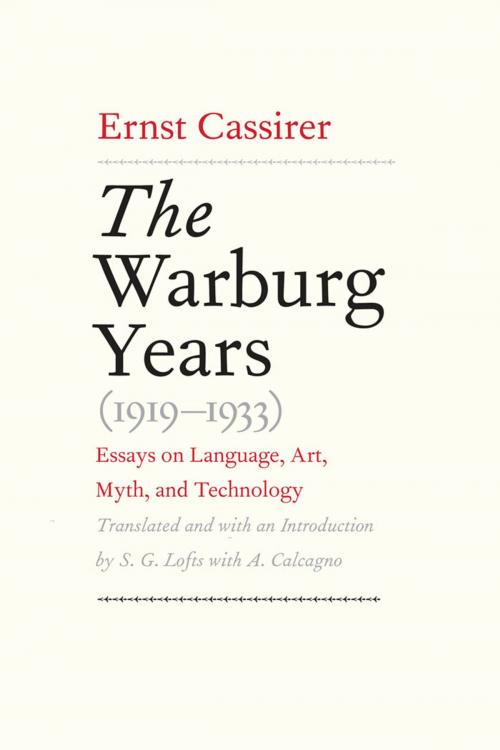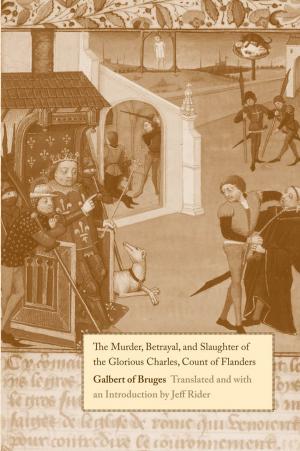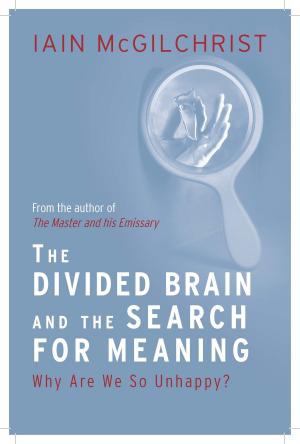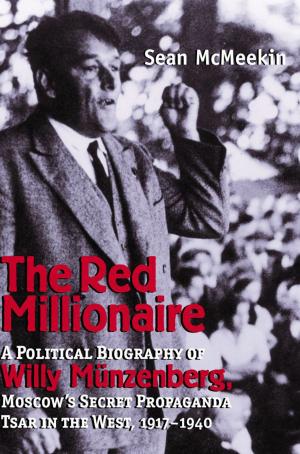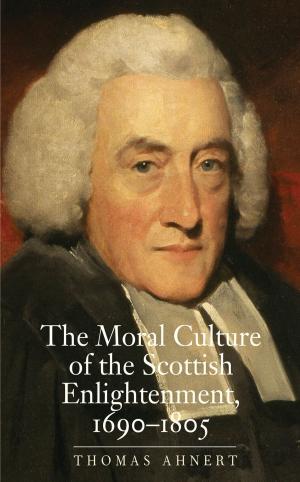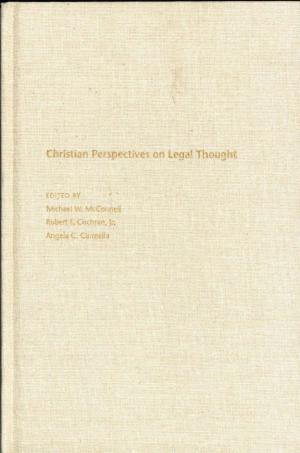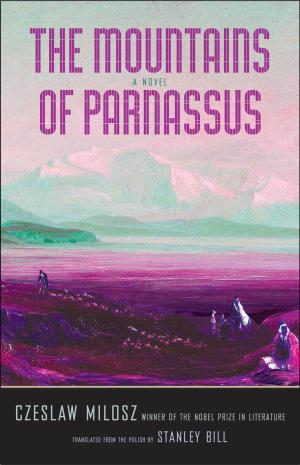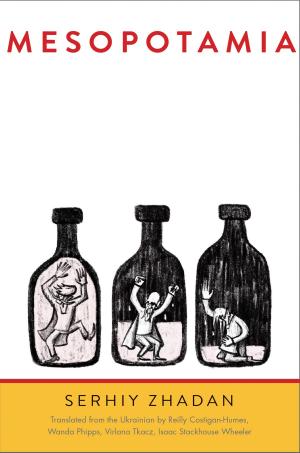The Warburg Years (1919-1933)
Essays on Language, Art, Myth, and Technology
Nonfiction, Religion & Spirituality, Philosophy, Aesthetics| Author: | Ernst Cassirer, S. G. Lofts | ISBN: | 9780300207262 |
| Publisher: | Yale University Press | Publication: | November 26, 2013 |
| Imprint: | Language: | English |
| Author: | Ernst Cassirer, S. G. Lofts |
| ISBN: | 9780300207262 |
| Publisher: | Yale University Press |
| Publication: | November 26, 2013 |
| Imprint: | |
| Language: | English |
Jewish German philosopher Ernst Cassirer was a leading proponent of the Marburg school of neo-Kantianism. The essays in this volume provide a window into Cassirer’s discovery of the symbolic nature of human existence-that our entire emotional and intellectual life is configured and formed through the originary expressive power of word and image, that it is in and through the symbolic cultural systems of language, art, myth, religion, science, and technology that human life realizes itself and attains not only its form, its visibility, but also its reality. Thought and being are set in opposition and united in genuine correspondence by the symbolic strife between them that Cassirer calls Auseinandersetzung, which determines the ethical relationship of the self to the other.
Jewish German philosopher Ernst Cassirer was a leading proponent of the Marburg school of neo-Kantianism. The essays in this volume provide a window into Cassirer’s discovery of the symbolic nature of human existence-that our entire emotional and intellectual life is configured and formed through the originary expressive power of word and image, that it is in and through the symbolic cultural systems of language, art, myth, religion, science, and technology that human life realizes itself and attains not only its form, its visibility, but also its reality. Thought and being are set in opposition and united in genuine correspondence by the symbolic strife between them that Cassirer calls Auseinandersetzung, which determines the ethical relationship of the self to the other.
